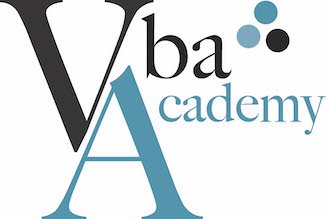About this module
This module provides participants insight in how institutional investors, such as pension funds and insurers, run their balance sheets. Balance sheet management encompasses optimizing multiple strategic objectives by managing the key balance sheet risks, such as interest rate, liquidity, inflation, funding and currency risks. After completing this module, you will be able to design and evaluate balance sheet management programs, as well as understand the most important financial instruments and strategies institutional investors use in their investment practice.
Content
Insight in balance sheet management requires a thorough understanding of the strategic objectives, constraints, the regulatory environment and future challenges of various types of institutional investors. Balance sheet objectives and risks are subsequently translated into a deeper understanding of the key risk exposures of these investors. Risks can be managed on either side of the balance sheet, with a dominant role for dynamic investment strategies and financial derivatives to alter the balance sheet’s risk profile. In this module, participants get to test their knowledge by addressing realistic balance sheet management case studies.
Learning objectives
• Gaining insight into various types of institutional investors, their stakeholders and requirements with respect to balance sheet management
• Translating top-down balance sheet management approach into investment strategy
• Understanding the importance of consistency in the process from ALM study to implementing investment solutions
• Getting to know the future of balance sheet management as a result of the new Dutch pension reform act
• Understanding the interaction between investment management, insurance risk, capital management and ALM for insurers
• Understanding which instruments and strategies contribute to sound balance sheet management
• Identifying, managing and monitoring key risks and risk synergies in balance sheet management and instruments used in balance sheet management
• Understanding how to implement balance sheet management by focusing on real-life cases for various types of institutions
Topics
• Getting to know various types of institutional investors, their regulatory environment, key objectives and risks
• Translating the key balance sheet risks into investment and risk management objectives
• The effectiveness of investment solutions, dynamic strategies and financial derivatives to manage the key balance sheet risks
• Real-life case studies for a number of different institutional investors
Classes & Lecturers
Monday April 12, 2021 from 15.00 to 21.00, Introduction to balance sheet management, by Bart Oldenkamp
Monday April 26, 2021 from 15.00 to 21.00, Balance sheet management for insurers, by Marc Meertens
Monday May 10, 2021 from 15.00 to 21.00, Balance sheet management for pension funds, by Remmert Koekkoek
Monday May 31, 2021 from 15.00 to 21.00, Investment solutions for balance sheet management, by Tom Steenkamp
Monday June 14, 2021 from 10:00 to 12:30
Examination

